Quality-control problems at US plant affect vaccine rollout across three continents
Quality-control problems at a Covid-19 vaccine manufacturing factory in the US state of Maryland has adversely affected the vaccine rollout in countries across three continents.
The distribution of Johnson & Johnson doses produced by Baltimore-based Emergent BioSolutions, which is seen closely connected to powerful political elites in Washington, has been paused in many countries amid concerns of adulteration.
The doses, which were not cleared for use in the US by the country’s food and drug authorities, were scandalously shipped abroad, including to Canada, the European Union and South Africa.
Importantly, in March it was disclosed that workers at the Baltimore plant accidentally contaminated a batch of Johnson & Johnson’s vaccine with the virus used to manufacture AstraZeneca vaccine.
It forced the plant owners to discard up to 15 million Johnson & Johnson doses after tests showed that the doses failed to meet purity requirements.
The officials in EU, as well as in Canada and South Africa, have tried to downplay reports about the contamination of vaccine doses, but the problems of quality-control identified in Baltimore have affected their vaccination programs.
According to reports, about six million to nine million doses have been put on hold in European countries as they came from batches that were produced in the same manufacturing plant at the same time when the contamination occurred in late February, according to US media reports.
US Food and Drug Administration (FDA), a federal agency of the Department of Health and Human Services, has now raised concerns over the equivalent of about 70 million doses from the plant, meant for domestic use, reports said.
One likely cause of the contamination, according to a report in New York Times, is the failure of some employees to shower and change clothes as required when they moved between the factory zones dedicated to AstraZeneca and Johnson & Johnson.
While in the US and Europe, doses from other manufacturers are easily available now, including those of Pfizer-BioNTech and Moderna, situation is different in South Africa.
In South Africa, the percentage of vaccinated residents is still far lower and vaccine supplies are significantly tighter. In Canada, most states have opted to delay second vaccine rollout of Pfizer, Moderna and AstraZeneca for four months, except for unusually vulnerable people.
While the US regulators ensured that the vaccine is not administered to their own citizens, questions remain over how the FDA and its parent organization Department of Health and Human Services allowed the shipment of Johnson & Johnson doses abroad.
The Biden administration had previously acknowledged that it was allowing doses of AstraZeneca’s Covid-19 vaccine made at the same Baltimore plant to be sent to Canada and Mexico but refused to attest to their quality.
Unlike the Johnson & Johnson vaccine, the AstraZeneca vaccine is not approved for use in the US.
As part of its contract with Johnson & Johnson, the Baltimore factory manufactured the active ingredient for the vaccine, and the substance was then sent to other facilities for final processing and packaging.
The newly disclosed delays underscore the global impact of the problems at the Baltimore factory operated by Emergent, a government contractor known for its aggressive lobbying and political connections, says New York Times report.
The US government last year banked on Emergent to be the main domestic manufacturer for both the Johnson & Johnson and AstraZeneca vaccines despite concerns related to quality control.
Emergent’s influence in Washington has been evident from its presentations to investors. According to US media, six of its ten board members have previously served in government, and since 2010, the company has spent an average of $3 million a year on lobbying — far outspending similarly sized biotech firms, and roughly matching the outlays of some larger pharmaceutical companies.
D-8’s role in Iran’s economy after Cairo summit
China slams US as ‘war-addicted’ threat to global security
China ‘firmly opposes’ US military aid to Taiwan
VIDEO | Press TV's News Headlines
President Yoon Suk Yeol to be removed from office
At least 19 Gazans killed by Israeli airstrikes since dawn: Medics
Leader: Iran neither has nor needs proxy forces
US fighter aircraft shot down ‘in friendly fire’ amid aggression on Yemen


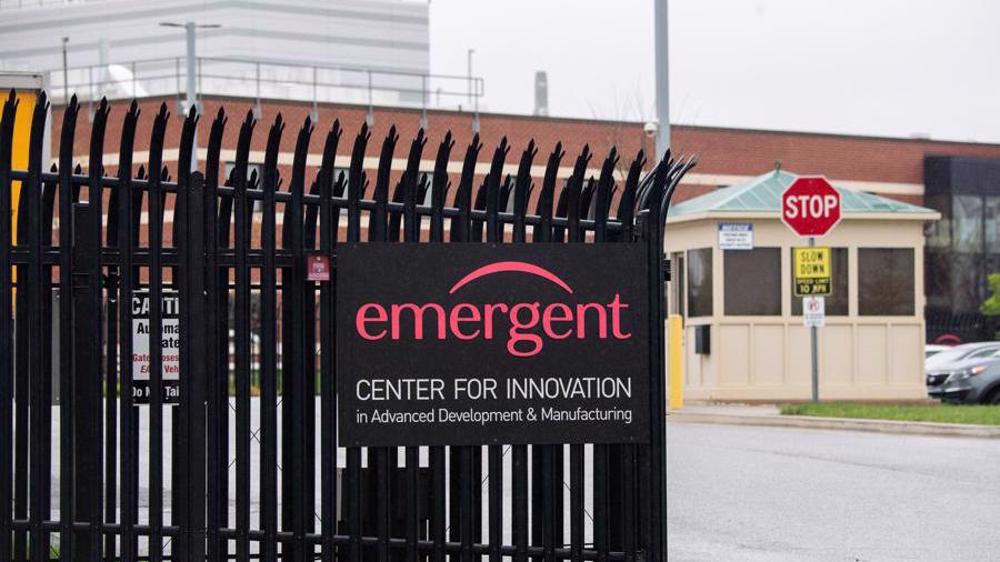
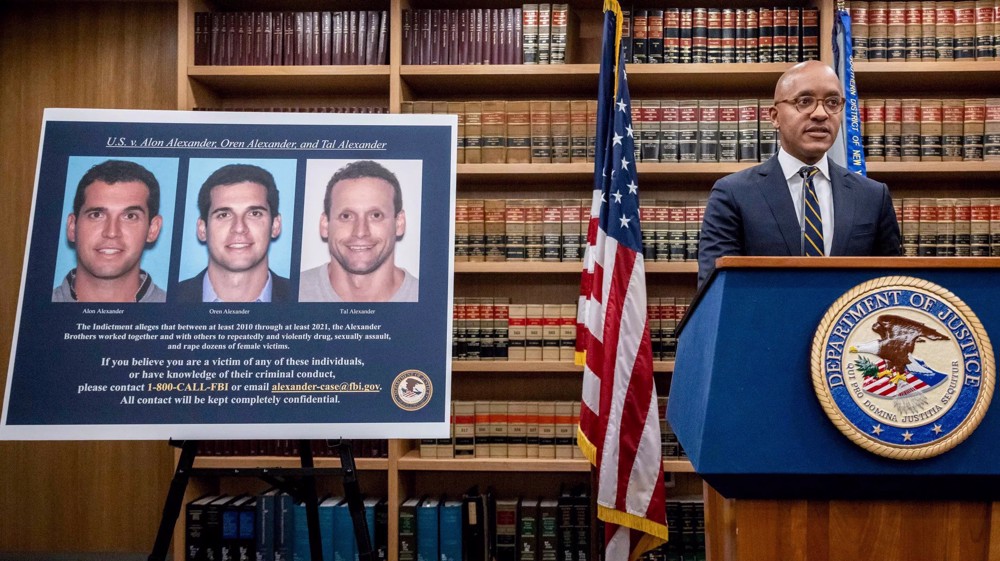
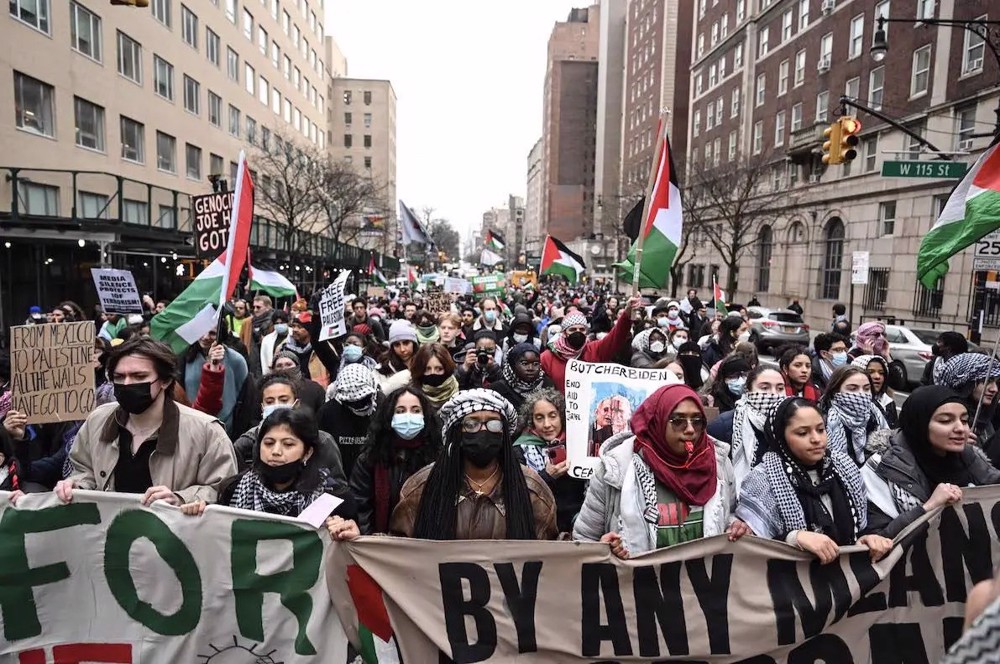
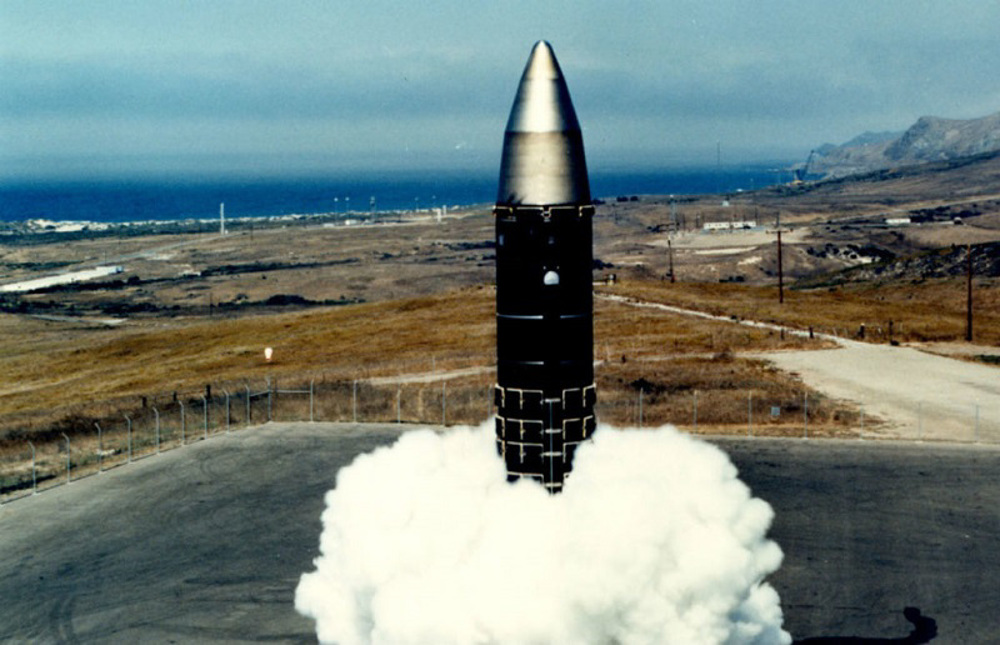



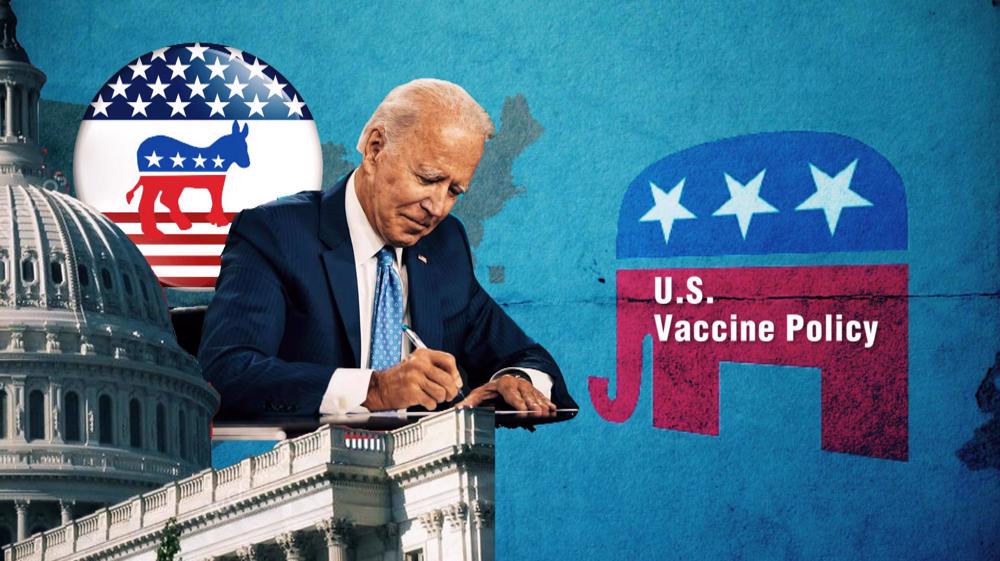


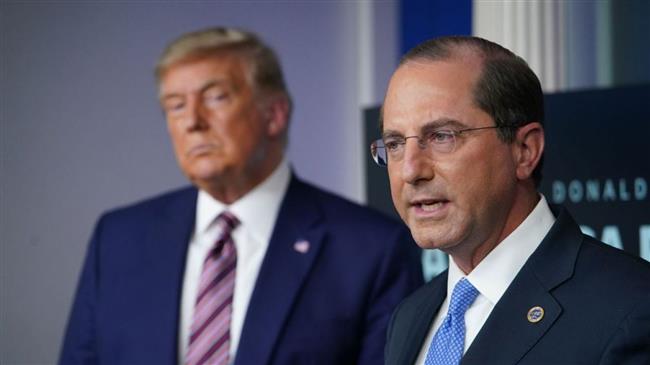


 This makes it easy to access the Press TV website
This makes it easy to access the Press TV website